Testimonials
Case studies
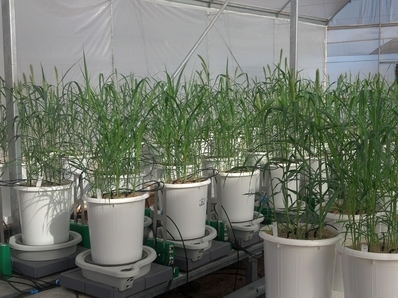
Risk-management Strategies of Wild Barley
Study objective: Test the hypothesis that wild barley ecotypes that have evolved in unstable precipitation environments will display a wider range of patterns of transpiration
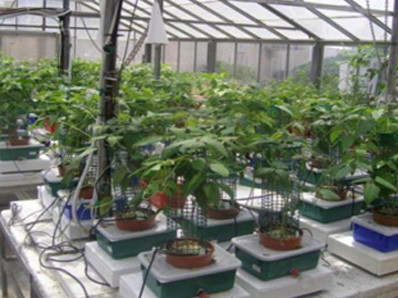
Genetic Variation of Drought Responses in Asparagus Beans
Study objective: Explore the genetic variation of drought responses in asparagus bean. Study Results: Apparent genotypic differences in transpiration patterns and the critical soil water threshold (measured by Plantarray) in relation
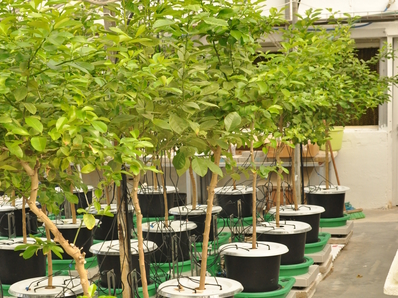
Citrus Physiological Response to enzyme expression in guard cells
Study objective: examine the role of HXK in the control of the stomatal movement of perennial plants. Study Results: The expression of AtHXK1 in the
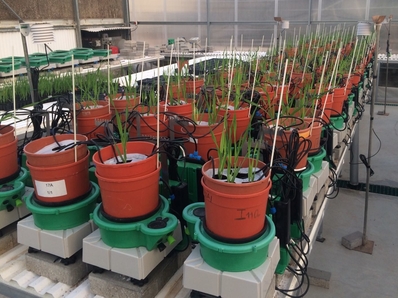
Tolerance of Wheat Varieties to Transient Drought
Study objective: Investigation of the physiological and metabolic response of six commercial wheat cultivars to transient water stress at the tillering and grain-filling stages. Study
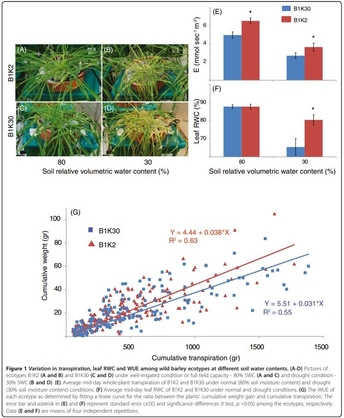
Wild Barley Genetic Variation Involved in Adaptation
Study objective: Transcriptome sequencing of differentially adapted wild barley ecotypes from contrasting environments contributes to the identification of genes and genetic variation involved in abiotic
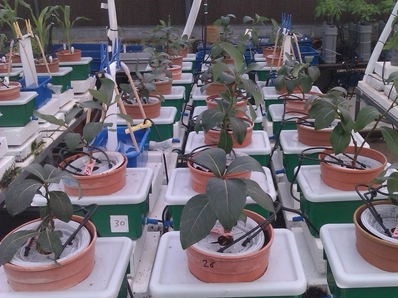
Growth and Physiological Responses of Poplars to Drought
Study objective: Poplar genotypes were studied to assess the physiological basis for biomass accumulation and water-use efficiency across a range of water availabilities. Study Results:
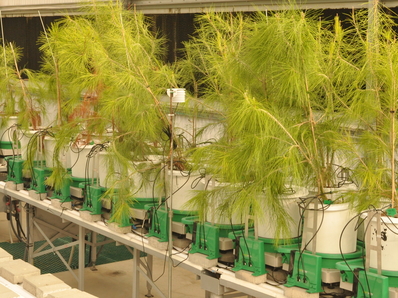
Drought Stress Response Molecular Mechanisms of Pines
Study objective: Decipher the molecular mechanisms that P. halepensis uses to withstand drought. Study Results: Physiological response to drought stress and recovery was monitored mainly
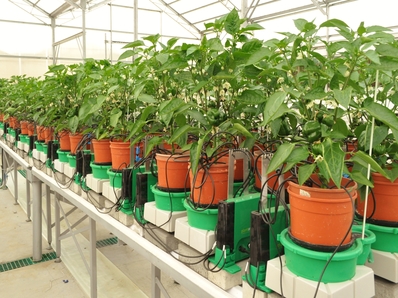
Biostimulants Effect on Pepper Plant Performance
Study objectives: Two biostimulants were tested, along with a normal nutrition control treatment, in order to determine the effect on sweet pepper (Capsicum annuum) plant
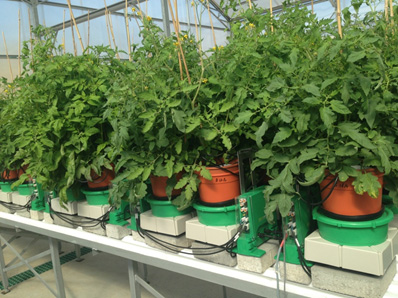
Tomato Stomatal Closure Hormonal Regulation
Study objective: Show the tomato (Solanum lycopersicum) DELLA protein PROCERA (PRO), a negative regulator of GA signaling, acts in guard cells to promote stomatal closure
